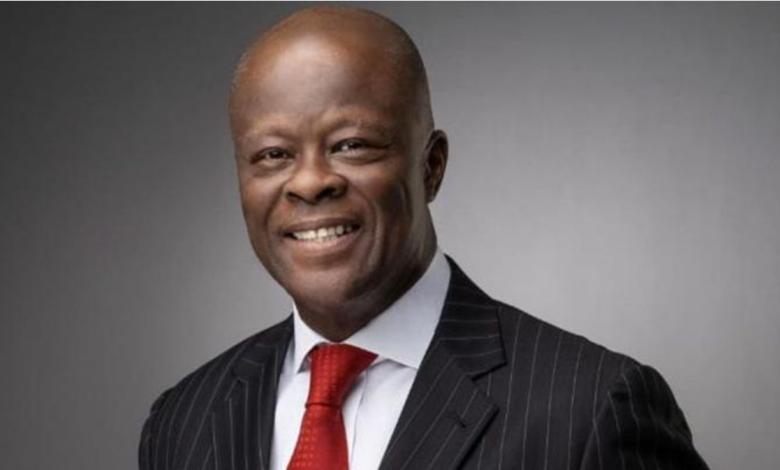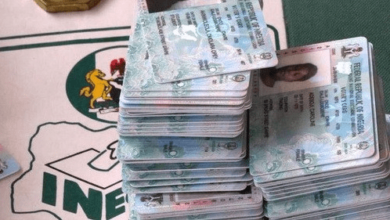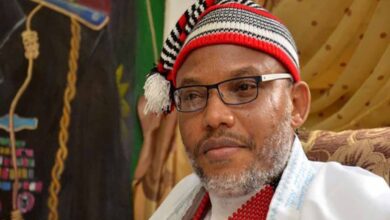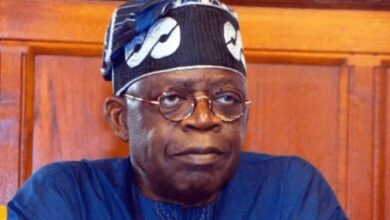Why did the Federal Government provide only N2 billion as a palliative to states instead of N5 billion? – Wale Edun

Why did the Federal Government provide only N2 billion as a palliative to states instead of N5 billion? – Wale Edun
The Minister of Finance and Coordinating Minister for Economy, Mr Wale Edun has said only N2 billion of the N5 billion palliative intervention promised by sub-national government has been released thus far.
The Minister, at a media press briefing yesterday in Abuja cited a possible inflation spike which a wholesome release of an entire N5 billion per state would have caused. To avoid such a scenario, he said the government opted for staggered release. The Minister clarified the N5 billion was a combination of loans and grants.
” On N5 billion, it’s a combination of grants from the Federal Government and borrowing by the state.
Though the sum of N5 billion is the amount, you will agree with me that to release such funds at once across all the states will be self-defeating. It could lead to an inflationary spiral, and exchange rate changes. So it is N2 billion naira that has been released as an initial intervention and the FCT will be included”………………………….CONTINUE READING
Edun expressed confidence in the economic policy of President Bola Ahmed Tinubu of living Nigerians from the current state of poverty.
” The president is going to deliver a better life to Nigerians by encouraging investment that increases productivity that grows the economy and thereby creating jobs and reducing poverty”.
Edun admitted that the country wasn’t where it ought to be, as all the indices of growth and development are in the negatives.
“We are not where we should be. The economy is barely growing above the rate of population growth. But it was not always so. I think in trying to see the way forward, if we look back, we now have a situation of slow growth, double-digit inflation, weak and depreciating exchange rates as well as security concerns.
See the Full Clip Here
“That’s resulting in an economy that is not growing; that is not lifting Nigerians out of poverty. If we think back to when was the last time when the economy was stable, when it was growing when inflation was low when the exchange rate was stable and when interest rates were affordable, that period is about a decade ago ”
“Growth was above 6% around 2013 2014, and it was because from around 2010 there was a commodity worldwide – oil prices and volumes were high. Nigeria and the government earned into its coffers over $ 80 billion per annum compared to the figure now at around $25 billion. What that points to, is that there was a time when the government had enough foreign exchange, it had enough naira revenue to meet its obligations and provide the funding for the growth of the economy.
“It had enough foreign exchange such that when people came in to invest and they needed to import raw materials and machinery, the government could provide the wherewithal. what that points to, is that we have a situation where if government doesn’t have the money it needs to facilitate and allow private funding- other sources of funding such as foreign direct investment, and domestic investment by Nigerians in all areas. We saw some of that in Lagos when Mr President was governor.
“He opened up the power sector to private investment, the road sector, infrastructure, waste management and even cemeteries to private investment because the government did not have the funds and there were those who were willing and able to provide jobs and grow the economy by making those investments”, he said.
The Minister said President strategies revolve around private investment, noting that, “worldwide there is a huge flow of foreign direct investment once you give investors the right conditions.
“Where we are headed? He has pointed out eight priority areas where he’s going to take Nigerians and his key priorities to improve the lives of Nigerians by providing food security by ending poverty. His plan for the economy is economic growth, job creation, and access to capital particularly consumer credit that makes goods affordable to the ordinary Nigerians.
“And is concerned about utilizing our vast capable human resources by focusing on inclusivity, women, youth, making all have the opportunity to come to the table and contribute to the growth of the economy and society and likewise by focusing on security, rule of law, and anti-corruption, he tends to create a fairer and safer playing field for all”, he added.
Speaking at the session, Chairman of fiscal policy and Tax Reforms Taiwo Oyedele said his committee was reviewing tax incentives with a view to expunging incentives that distort economic growth.
According to Oyedele, instead of granting tax waivers to businesses, the government should create an enabling environment for businesses to thrive and pay more taxes.
He added that if Nigerians were paying the right taxes, the nation would have gotten an extra N20 trillion from tax collection annually. The current administration has said it would introduce tax reforms to phase out multiple tax systems and ensure Nigeria has a fair, convenient and equitable tax system.





